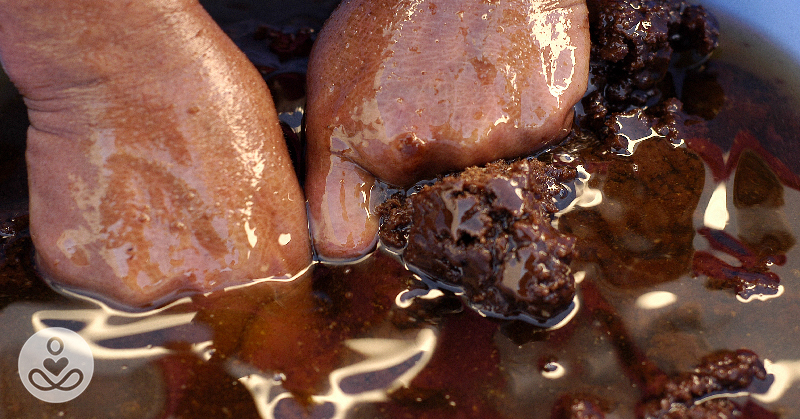Argan oil, known as ‘liquid gold’, has been a culinary and cosmetic staple in Moroccan culture for centuries. Derived from the kernels of the argan tree fruit, this versatile oil offers a wide array of potential health benefits. While not all of the benefits are fully tested yet, there are definitely still plenty of reasons to be interested in this oil. Let’s look at 12 reasons why argan oil is highly regarded, including its effects on heart health, its antioxidant properties, and its role in stretch mark prevention.
What is Argan Oil?
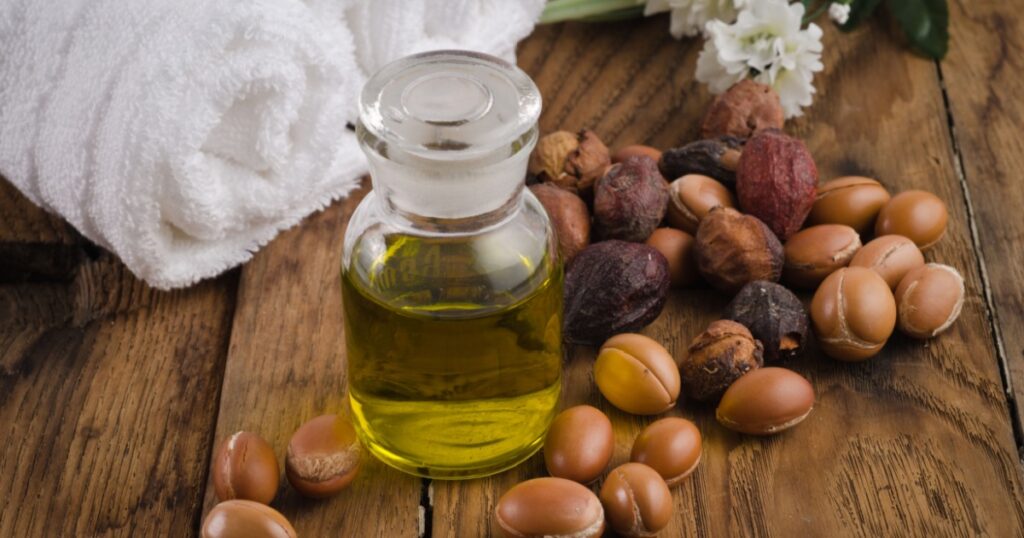
Argan oil is derived from the kernels of the argan tree fruit, which is native to Morocco. The oil has been used for centuries by Moroccan women as a culinary and cosmetic staple. It is also known as ‘liquid gold’ due to its rich golden color and high concentration of essential fatty acids. It is said to have many benefits, from cosmetic to actual health benefits. These are 12 benefits of argan oil and why you should consider using it in your daily care routines. (1)
Read More: Tea tree oil is far more useful than you think. Here are 10 reasons why you need it at home
12 Benefits of Argan Oil
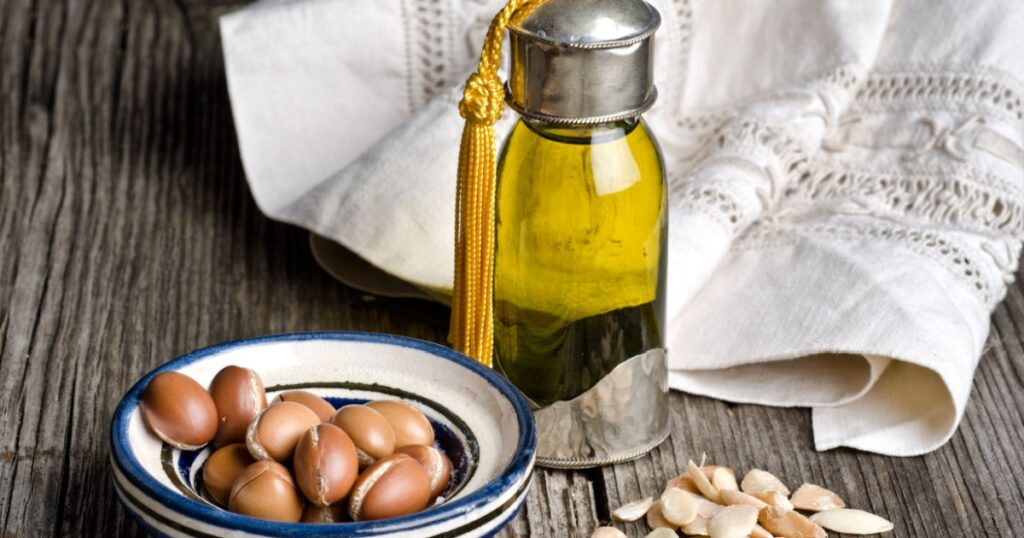
As already mentioned, argan oil is said to have many benefits for the body. While not all of them have been completely tested in a scientific manner, the properties of the oil are well-known. These are some of the benefits of including argan oil in your daily routines.
1. Full of Essential Nutrients
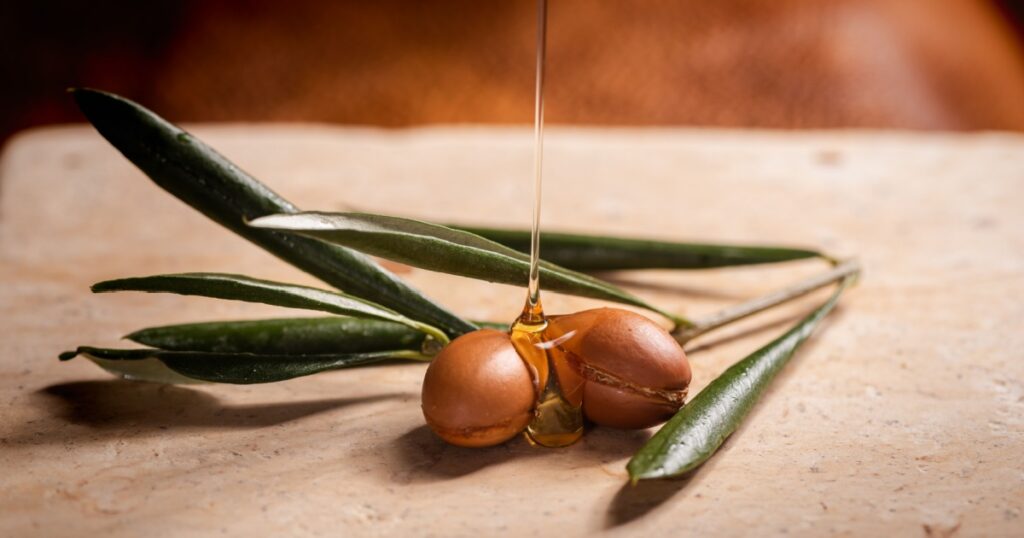
Argan oil is a rich source of fatty acids and phenolic compounds. It provides a good source of linoleic and oleic fatty acids, known to support overall health. It is also packed with vitamin E, a powerful antioxidant required for healthy skin, hair, and eyes. (2)
2. Antioxidant and Anti-Inflammatory Properties
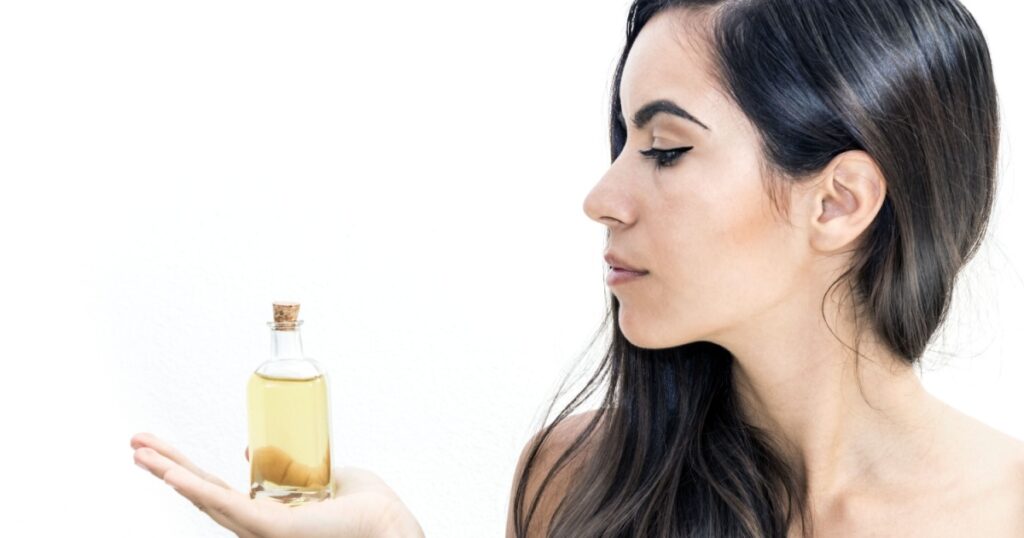
The presence of phenolic compounds in argan oil gives it antioxidant and anti-inflammatory properties. These compounds, along with high levels of vitamin E, reduce oxidative stress and help combat inflammation. (3)
3. May Improve Heart Health

Argan oil’s high content of oleic acid, an omega-9 monounsaturated fat, has been associated with heart-protective effects. Studies suggest that consuming argan oil may reduce “bad” LDL cholesterol levels and increase antioxidant levels in the blood, potentially reducing the risk of heart disease. (4)
Read More: 10 Nutritious Foods to Improve Joint Health and Help With Joint Pain Relief
4. May Improve Targets for People With Diabetes
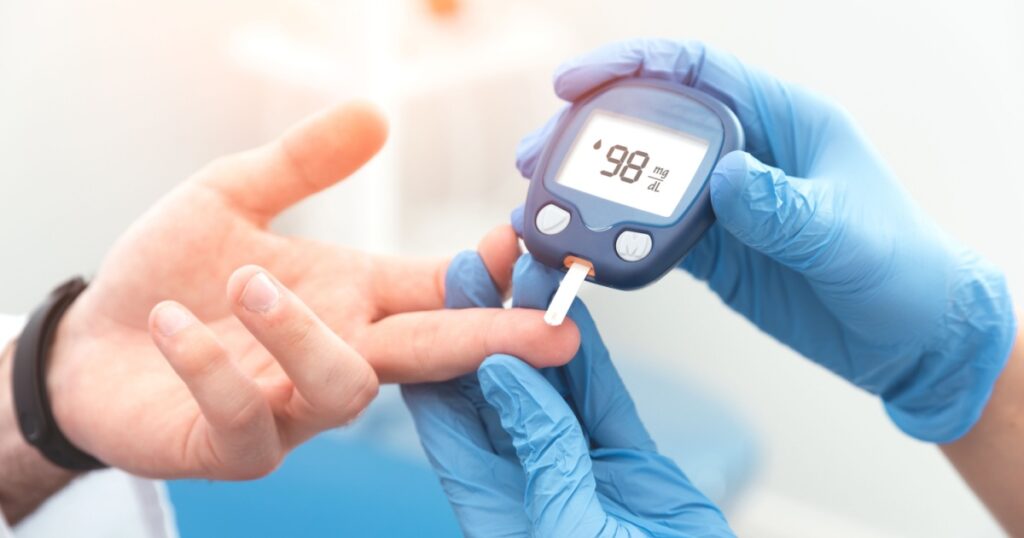
Animal studies indicate that argan oil may help reduce blood sugar levels and insulin resistance. While human studies are lacking, the antioxidant content of argan oil suggests potential benefits in the prevention of diabetes. (5)
5. Potential Anticancer Effects

Preliminary research shows that argan oil may inhibit the growth of certain cancer cells, particularly in studies with breast, colon, and prostate cancer cells. However, further research is needed to determine its efficacy in treating cancer in humans. (6)
6. Help to Reduce Signs of Skin Aging

Argan oil has gained popularity in skincare products due to its potential anti-aging effects. Research suggests that both ingesting and applying argan oil can reduce inflammation and oxidative stress, leading to improved skin elasticity and hydration. (7)
7. May Treat Some Skin Conditions

Traditionally used in North Africa for treating inflammatory skin conditions, argan oil contains antioxidant and anti-inflammatory compounds that may benefit skin tissue. Despite limited scientific evidence, it remains a popular home remedy for certain skin infections.
8. Can Promote Wound Healing

Animal studies have shown that argan oil can accelerate the wound healing process. While human research is needed, these studies indicate a potential role for argan oil in tissue repair. (8)
9. May Hydrate Skin and Hair

The fatty acids present in argan oil are vital for maintaining healthy skin and hair. Both topical application and oral consumption of argan oil have been shown to improve skin moisture content. While specific studies on argan oil for hair health are lacking, similar plant oils have shown benefits in reducing hair damage. (9)
Read More: 7 Potential Benefits and Uses of Oregano Oil
10. Potential to Treat and Prevent Stretch Marks
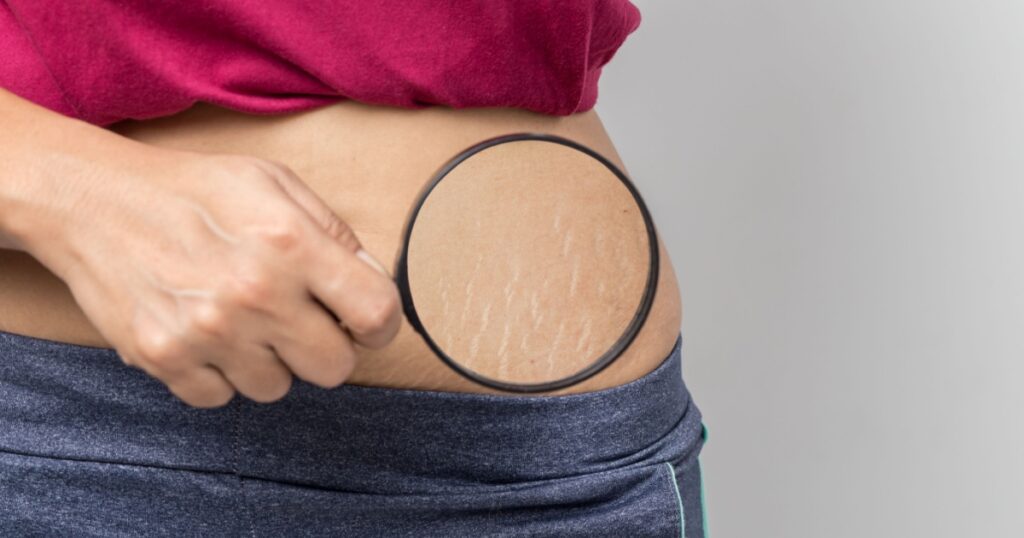
Although scientific evidence is lacking, argan oil is frequently used to prevent and reduce stretch marks. Its potential anti-inflammatory properties and ability to improve skin elasticity may be the reasons behind reported success in using it for stretch mark prevention.
11. Can Be Used to Treat Acne
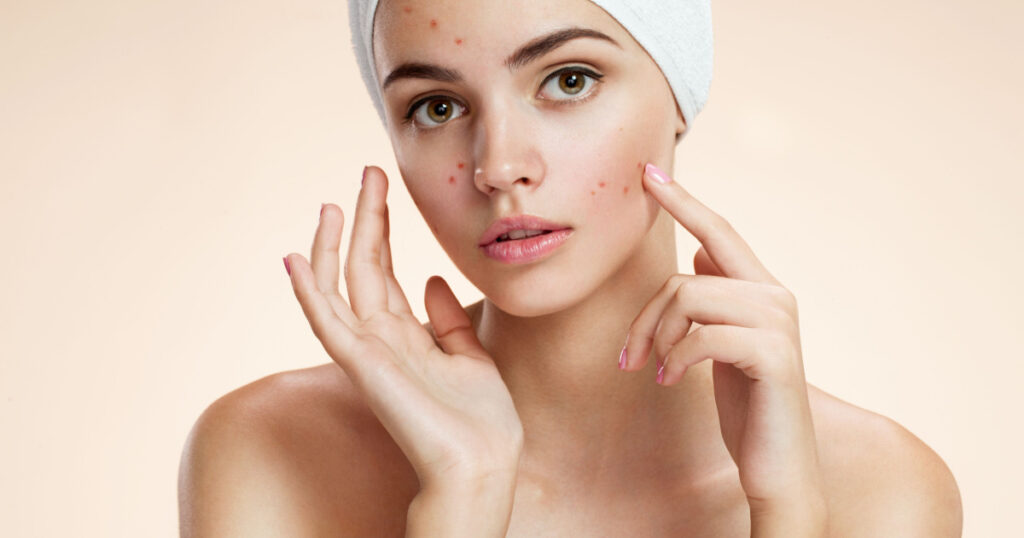
While no rigorous scientific research supports the efficacy of argan oil for acne treatment, its antioxidant and anti-inflammatory properties may help reduce redness and irritation associated with acne. The oil’s moisturizing properties may also contribute to overall skin health, aiding in acne prevention. (10)
12. Easy Routine Add-In

Argan oil is readily available in most major grocery stores, drugstores, and online retailers. It can be used topically in pure form or incorporated into various cosmetic products like lotions and skin creams, making it easy to integrate into your daily health and beauty routine.
Argan Oil: The Bottom Line
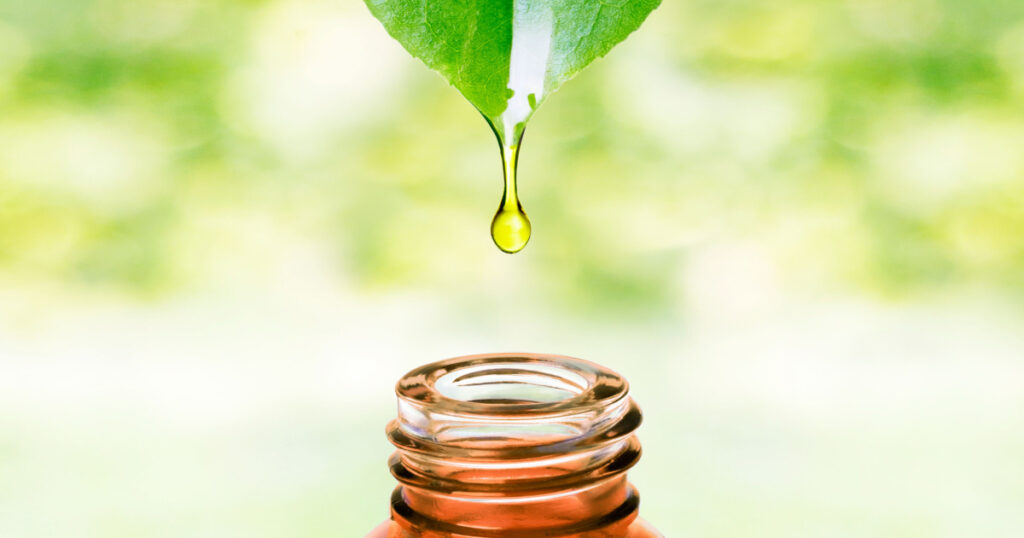
From its essential nutrients and antioxidant properties to its potential in promoting heart health and aiding in stretch mark prevention, argan oil truly deserves its status as ‘liquid gold.’ Whether used internally or externally, the versatility of argan oil makes it a valuable addition to anyone’s wellness routine. However, while many reports and studies suggest potential benefits, further research is still needed to fully understand and utilize the immense potential of this remarkable oil.
Read More: 12 Best Foods To Help Boost Collagen
Sources
- “Arga n Oil: Chemical Composition, Extraction Process, and Quality Control.” NCBI. Said Gharby and Zoubida Charrouf. February 3, 2022
- “Arga n oil: Occurrence, composition and impact on human health.” Wiley. Zoubida Charrouf and Dominique Guillaume. 2008.
- “Protective Effect of Arga n and Olive Oils against LPS-Induced Oxidative Stress and Inflammation in Mice Livers.” Pubmed. Soufiane El Kamouni, Riad El Kebbaj, Pierre Andreoletti, Abderrahim El Ktaibi, Issam Rharrassi, Abdelkhalid Essamadi, M’hammed Saïd El Kebbaj, Stéphane Mandard, Norbert Latruffe, Joseph Vamecq, Boubker Nassera and Mustapha Cherkaoui-Malki. October 9, 2017.
- “Evidence of hypolipemiant and antioxidant properties of argan oil derived from the argan tree (Argania spinosa).” Pubmed. Anas Drissi, Josefa Girona, Mounia Cherki, Gemma Godàs, Abdelfettah Derouiche, Mariame El Messal, Rachid Saile, Anass Kettani, Rosa Solà, Luis Masana and Ahmed Adlouni. October 2004.
- “Beneficial effects of arga n oil on blood pressure, insulin resistance, and oxidative stress in rat.” Pubmed. Adil El Midaoui, Youssef Haddad, Réjean Couture. October 2016.
- “Antiproliferative effect of polyphenols and sterols of virgin arga n oil on human prostate cancer cell lines.” Pubmed. H Bennani, A Drissi, F Giton, L Kheuang, J Fiet, A Adlouni. 2007.
- “Anti-Inflammatory and Skin Barrier Repair Effects of Topical Application of Some Plant Oils.” NCBI. Tzu-Kai Lin,Lily Zhong and Juan Luis Santiago. January 2018.
- “The Effects of Arga n Oil in Second-degree Burn Wound Healing in Rats.” Pubmed. Umit Avsar, Zekai Halici, Erol Akpinar, Muhammed Yayla, Ummu Avsar, Un Harun, Un Harun, Atmaca Hasan Tarik, Zafer Bayraktutan. March 2016.
- “Skin hydration in postmenopausal women: arga n oil benefit with oral and/or topical use.” NCBI. Kenza Qiraouani Boucetta, Zoubida Charrouf, Abdelfattah Derouiche, Younes Rahaliand Yahya Bensouda. November 2014.
- “Ethnobotanic, Ethnopharmacologic Aspects and New Phytochemical Insights into Moroccan Arga n Fruits.” NCBI. Farid Khallouki, Mohamed Eddouks, Akdad Mourad, Andrea Breuer, and Robert Wyn Owen. October 30, 2017.
